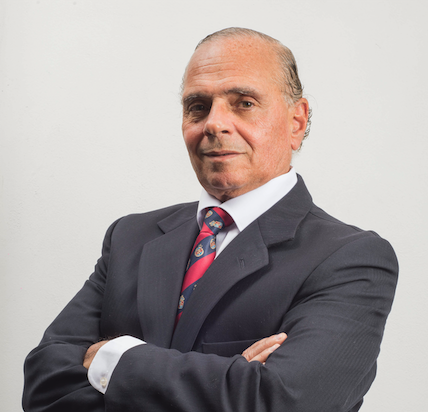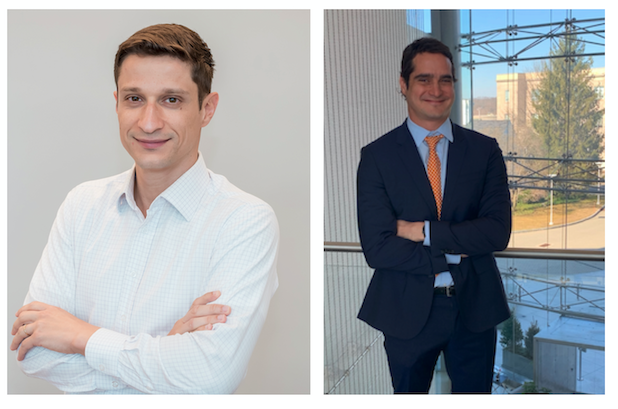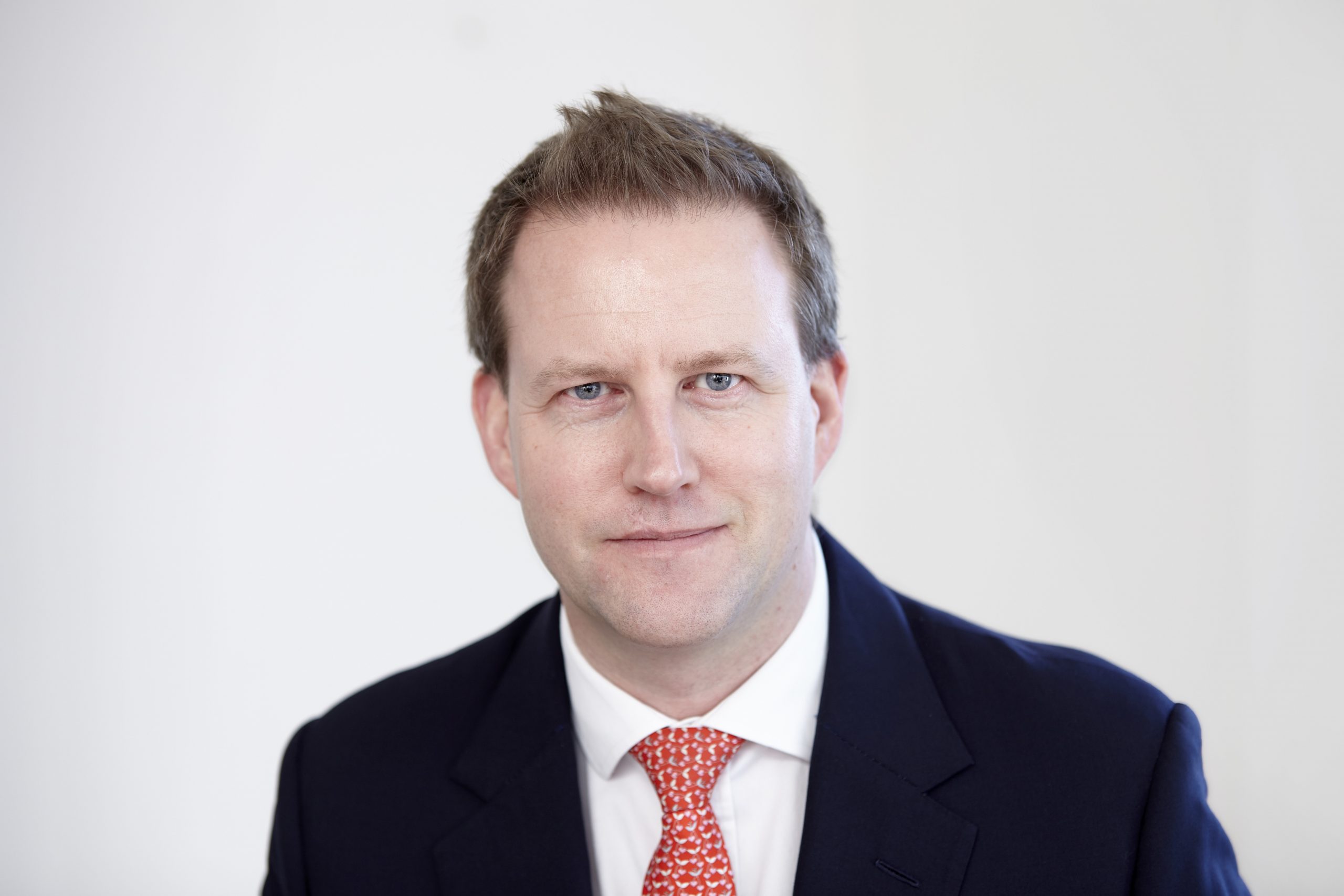Has Covid-19 Thrown Up Value in the Local Currency Emerging Market Debt Universe?
| By Magdalena Martínez | 0 Comentarios

The local currency emerging market debt asset class had a strong positive return in 2019. Despite the fears of a global slowdown part way through last year, investors in the asset class enjoyed a 13.5%[1] return in USD unhedged terms. The impact of Covid-19 however has negatively affected the asset class this year. Risk aversion and uncertainty have swept through markets as investors and policy makers have grappled with the short and long run consequences of the virus. Emerging markets have been caught up in that dislocation, prompting some to question the value on offer in this segment of the fixed income market. As the dust settles and the picture becomes clearer, we find an asset class with valuations near historic lows.
The local currency emerging market debt asset class suffered a large negative return in the first quarter of 2020. The -15.2% decline was the largest quarterly fall in the JP Morgan GBI-EM Global Diversified Index since its inception in 2003 (in USD unhedged terms). It is important to separate the sources of return when looking at local currency debt and differentiate between the return from bonds and that from currencies. Historically the separate bond and currency return streams have not been highly correlated, with a correlation of 0.55. The currency element is also more volatile than the underlying bond component. In this occasion as in previous episodes of volatility, emerging currencies were more affected by the correction than bonds which proved somewhat more defensive.
While some individual countries were more exposed to their own unique and identifiable issues, the bond component of the JPM GBI-EM Global Diversified index declined by -1.4% in the first quarter of 2020 (in USD hedged terms). This was a particularly strong performance given the scale of the economic disruption caused by the crisis. It also stands in contrast to the -13.5% decline in the bond component of the global high yield index[2] and the -4.2% fall in the global investment grade corporate bond index[3] (both in USD hedged terms).
In contrast, emerging market currencies were negatively impacted by the “virus shock” in the first quarter, compounded in some instances by the sharp decline in oil and other commodity prices. In aggregate, the currency component of the local market debt index declined by -14.3%[4] versus the USD in the first quarter.
To assess the attractiveness of the asset class today, we can look at the real yield and real exchange rate valuations on offer in absolute terms and relative to history. Combining the two provides an assessment of the current potential of the asset class.
Colchester’s primary valuation metric for bonds is the prospective real yield (PRY), using an in-house inflation forecast rate which is discounted from that country’s nominal yield. We supplement this with an assessment of the country’s financial soundness. The virus induced adverse demand/supply shock and large decline in the price of oil (which fell two-thirds in the first quarter of 2020) and other commodities prompted us to revise our inflation forecasts lower within our emerging market universe. The large fall in the exchange rate in some countries tempered that revision, but the pass through to domestic inflation of such exchange rate depreciations has declined markedly over the past decade.
The resulting decline in our inflation forecasts and rise in nominal yields in some markets has seen an increase in the overall attractiveness of emerging market bonds on a prospective real yield which now sits around the average of the post Global Financial Crisis period.
Colchester’s primary valuation metric for currencies is an estimate of their real exchange rate – or purchasing power parity (PPP). We supplement this with an assessment of the country’s balance sheet, level of governance, social and environmental factors (ESG), and short-term real interest rate differentials (i.e. “real carry”). Emerging market currencies were already trading at attractive levels of valuation versus the US dollar according to our real exchange rate valuation estimates before the coronavirus crisis, the dislocation and uncertainty surrounding the pandemic has made them even more attractive for a USD based investor.
Combining the prospective real yield bond and the real exchange rate valuations together to produce an aggregate prospective real yield for the benchmark, suggests that we are now at levels only seen a few times historically. The value on offer in the local currency asset class today is on a par with that seen at the depths of the Global Financial Crisis in 2009 and most recently in 2015 when US dollar strength combined with some idiosyncratic country issues to produce compelling value in the space. The average benchmark total return in the two years following the three previous episodes of similar extreme valuation – June 2004, January 2009 and September 2015 – was +33.7%[5].
Valuations must be viewed within the context of the fundamentals. In other words, are the declines in currency values and increase in real yields occurring for justifiable reasons? In short, the answer would appear to be ‘no’ when looking at the emerging market universe in aggregate.
Going into the pandemic, emerging markets as a whole were arguably on a more stable footing than developed market peers on several metrics. Looking at debt-to-GDP ratios for example, shows that emerging markets had less than half as much debt as developed markets. Furthermore, the relatively lower increase in government debt in emerging markets over the last 10 years or so highlights their more cautious approach to macro-economic management and the widespread adoption of generally prudent and orthodox policies. The external position of many emerging markets also looks comparatively solid when one considers short- and long-term financing needs.
History also shows that countries with more overvalued currencies tend to be more exposed to an adjustment and reversal in capital flows. In simple terms, the greater the need for foreign capital and the more overvalued a country’s real exchange rate, the more exposed or vulnerable that country is. Most emerging markets are in the less vulnerable with undervalued exchange rates and little to no dependency on short term capital inflows.
The credit rating profile of the local currency emerging market debt asset class has remained at a healthy average of BBB+ for the past several years[6]. However, given the emergency Covid-19 fiscal packages and the associated growth slowdown, several rating agencies have recently acted quickly to downgrade several issuers in the universe such as Mexico, Colombia and South Africa. In contrast, countries in the developed world like the United States and the United Kingdom have not yet had their credit ratings altered[7] despite spending and pledging upwards of 11% and 19% of GDP respectively (to date, and counting) to help their economies weather the pandemic. In comparison, the Mexican and the South African government spending and support packages have amounted to a paltry 1.1% and 0.6% of GDP (to date).
From a purely ‘quantitative’ aspect, looking at some of the various balance sheet metrics, it is difficult to understand how some emerging countries can be rated lower than some of their developed market peers. Clearly you would expect the level of a sovereign’s debt to be a key factor. While there is a relationship between debt levels and ratings, there is a clear differentiation between developed markets and emerging markets. Emerging markets are currently rated lower at the same level of debt across the board, all else being the same.
One explanation for the difference lies amongst ‘qualitative’ factors. This encompasses things like a country’s historical precedent, the consistency of policy, the social-political willingness to undertake necessary adjustments and the level of governance, which includes things such as the control of corruption and rule of law. This traditionally is seen as a weakness by the rating agencies.
Overall however, despite the virus induced deterioration in the fiscal metrics, we believe that the balance sheets of most countries within the emerging market universe remain sound. Rating agencies may continue to downgrade across the sector, but the fundamentals are not pointing towards a meaningful increase in the risk of default. On the contrary, the benchmark is solidly “investment grade” and is likely to remain so in the absence of a further global melt-down.
While the real yields of emerging market bonds have returned to near their long-term average historical valuations, emerging market currencies are currently extremely undervalued in USD terms. This gives the asset class an added source of potential return. Historically this level of valuation has proved to be extremely attractive.
There remain some good reasons for the difference in credit ratings between the developed and emerging world. However, the differences may not be as large as some perceive and on balance, most countries within the emerging market universe should weather the Covid storm.
[1] JPM GBI-EM Global Diversified USD Unhedged Index
[2] ICE BofA Global High Yield USD Hedged Index
[3] ICE BofA Global Corporate Bond USD Hedged Index
[4] JPM GBI-EM Global Diversified FX Return in USD Index
[5] The total return on the JP Morgan GBI-EM Global Diversified Index (unhedged USD) between June 2004 and June 2006 was 27.7%, between January 2009 and January 2011 was 47.7% and between September 2015 and September 2017 was 25.6%.
[6] The BBB+ rating referred to here is the Standard & Poor’s Local Currency Rating weighted average of those counties in the JP Morgan GBI-EM Global Diversified Index (USD Unhedged) as calculated by Colchester.
[7] As per Standard & Poor’s as at end April 2020.
Column by Colchester Global Investors











